NIMHD Training & Workforce Development Feature Articles
Read about NIMHD-supported efforts to train and develop a highly skilled workforce for minority health and health disparities research.
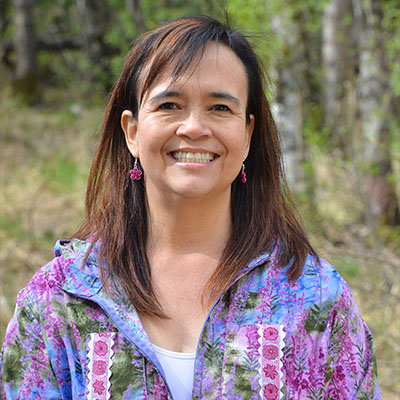
Dr. Dillard discusses the progress at NIH to improve the health of Alaska Native communities and acknowledges the distrust many Alaska Native communities experience toward researchers.
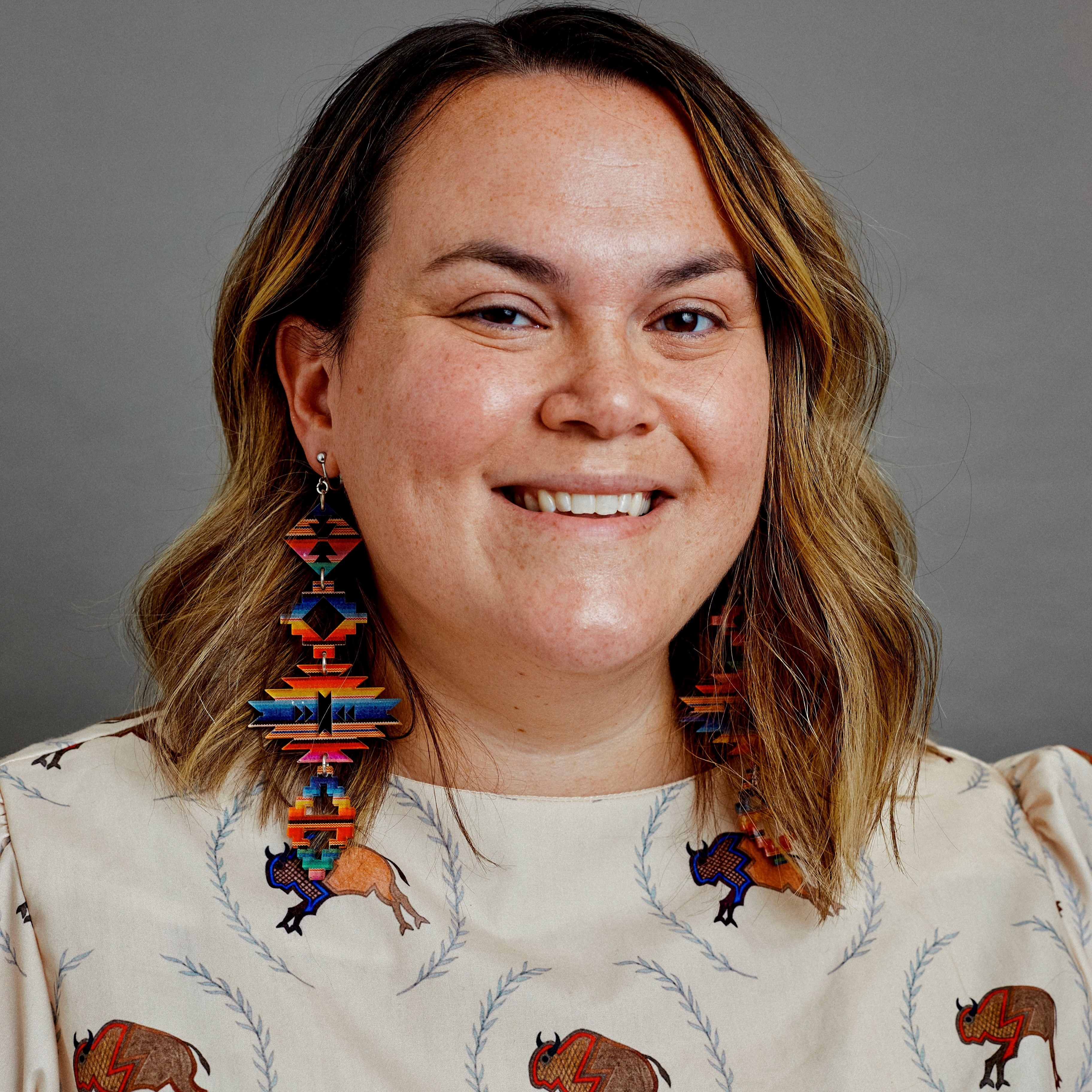
Dr. Ricky Camplain discusses how community-engaged research methods form an essential piece of her work with incarcerated people of American Indian and Alaska Native heritage.

Dr. Sabrina Sale Martinez's NIMHD-funded work increases scientific knowledge about the impact of sleep on cognition and highlights the lack of data on cardiometabolic risk factors in Hispanic/Latino communities.
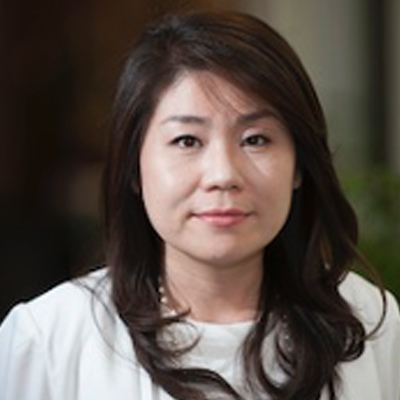
Dr. Sunmin Lee discusses her research to better understand challenges faced by her Asian American community related to sleep and colorectal cancer screenings for AANHPI Heritage Month 2024.
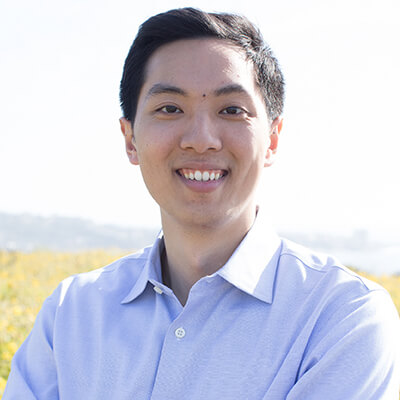
For AANHPI Heritage Month 2024, NIMHD recognizes researchers pursuing health equity by working with communities. Dr. William Tsai discusses his work with Chinese American cancer survivors to test the feasibility and impact on well-being of a culturally adapted writing intervention.
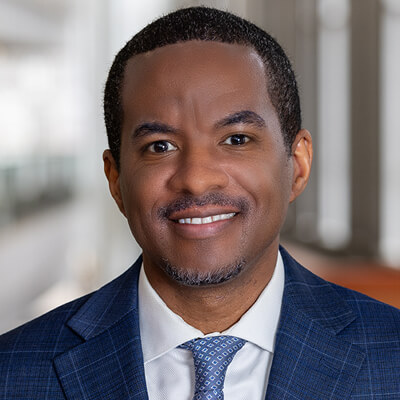
For Black History Month 2024, NIMHD recognizes Dr. Ezemenari Obasi and talks with him about his research, which demonstrates the positive impact of a community engaged approach.
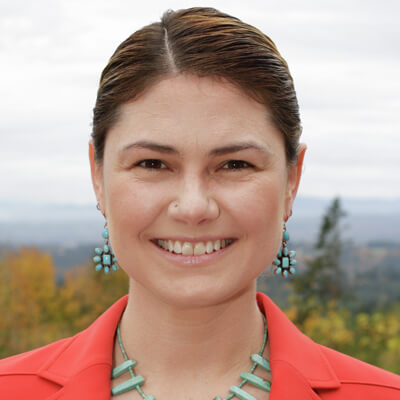
For American Indian and Alaska Native Heritage Month 2023, NIMHD talks with Rachel Dreilinger, a member of the Navajo Nation and SBIR grantee, whose innovation improves spinal surgery.
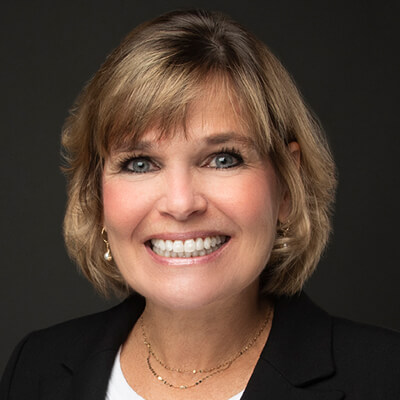
We talk with Dr. Sanchez on her background as a daughter of an immigrant, her work improving inclusivity in behavioral health research, and her efforts preparing clinicians to be linguistically and culturally responsive for Hispanic Heritage Month 2023.
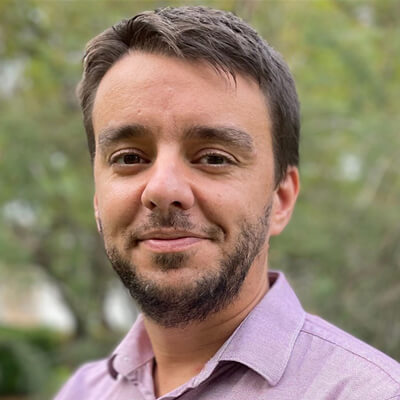
We talk with Dr. Luis Fernández-Luque on his work to connect digital tools and health equity considerations to improve support for Latino and Hispanic individuals living with chronic condition-related fatigue and their caregivers for Hispanic Heritage Month 2023.
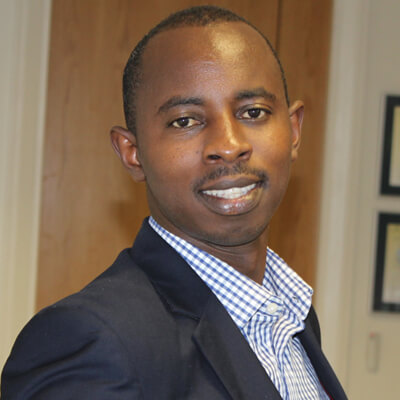
Dr. Jean de Dieu Gatete developed an alternative test to address the low sensitivity of the most commonly used diagnostic in Africa that results in the world's highest prevalence of undiagnosed diabetes.
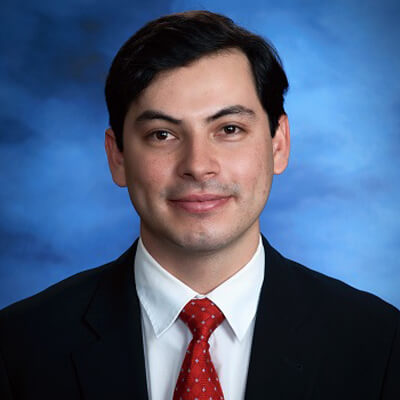
Jordan Juarez, a 2022-2023 Medical Research Scholars Program (MRSP) scholar, is the 2023 AL DÍA News Emerging Leader awardee. Learn what inspired Jordan to pursue a career advocating for the health needs of communities and populations experiencing health disparities.
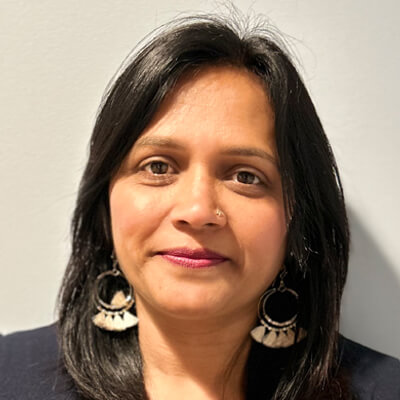
Swati Shah, principal investigator in minority health and health disparities research, discusses her NIMHD-funded work and using technology to make obstetrical health care more accessible, as part of NIMHD's celebration of Asian American, Native Hawaiian and Pacific Islander Heritage Month.
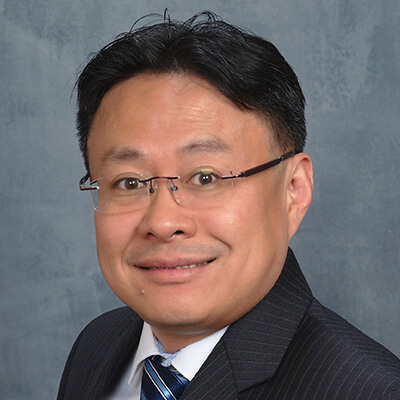
Tony Ma, principal investigator in minority health and health disparities research, on using technology to improve maternal and child health and reduce health disparities as part of NIMHD's celebration of Asian American, Native Hawaiian and Pacific Islander Heritage Month.

Dr. Susan Woolford, principal investigator in minority health and health disparities research, shares her journey to develop novel technology to help children achieve healthy weight as part of NIMHD's Black History Month celebration.
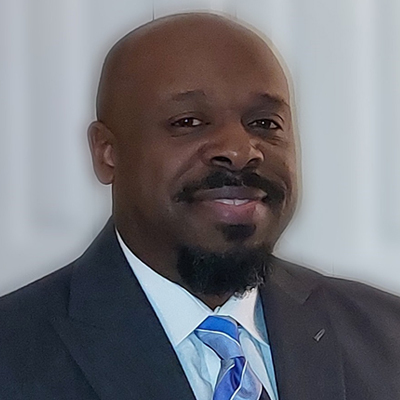
Dexter Cooper, principal investigator in minority health and health disparities research, discusses the importance of engaging community leaders and empowering health workers to improve health equity as part of NIMHD's celebration of Black History Month.
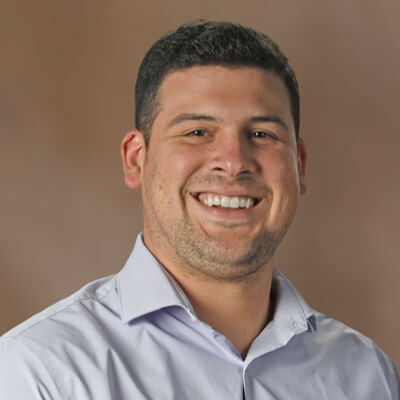
Dr. White on integrating clinical cultural neuroscience to promote mental health outcomes among American Indian communities and the protective role of cultural engagement as we celebrate Native American Heritage Month.
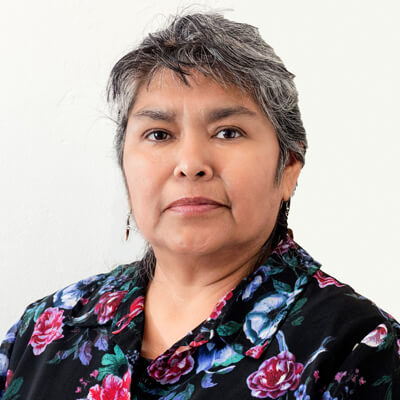
As we celebrate Native American Heritage Month, Dr. Gachupin discusses her study of chronic disease epidemiology, American Indian health disparities and how her experience working with Tribal Epidemiology Centers informs her research.
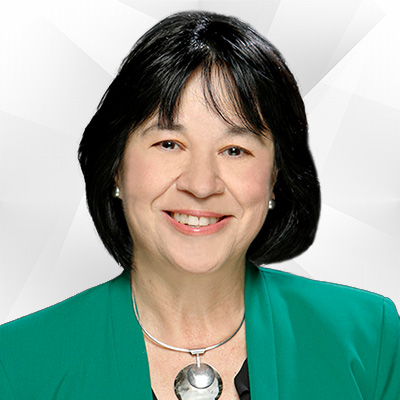
Dr. Moya discusses her work to translate research into action to mitigate the effects of HPV for Latino populations of Mexican origin as we celebrate National Hispanic American Heritage Month.
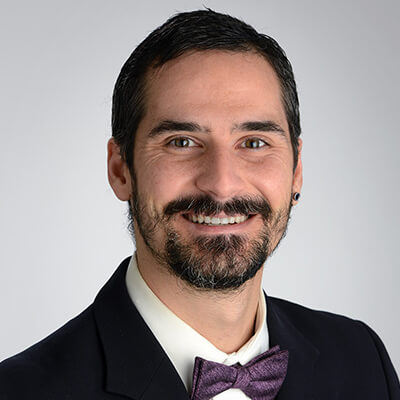
Dr. Perales Puchalt, principal investigator at University of Kansas, discusses his research on disparities in dementia care for Latino families and how he and his team are closing the gap as we celebrate National Hispanic American Heritage Month.
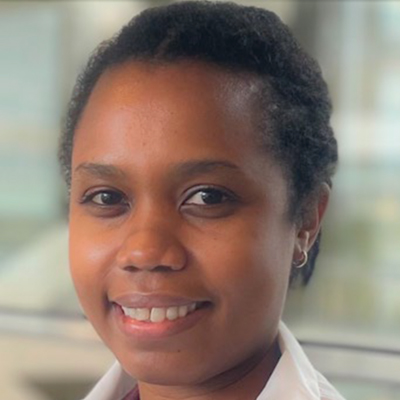
Rwandan physician M. Grace Duhuze Karera’s NIH-funded research studied low-cost ways to screen for and treat diabetes and how they can be applied in Rwanda.

Dr. Chen, principal investigator at Morgan State University, discusses applying a diverse scholarly background to health disparities research in Baltimore City and why diversity matters for the future of biomedical research as we celebrate Asian American, Native Hawaiian and Pacific Islander Heritage Month.
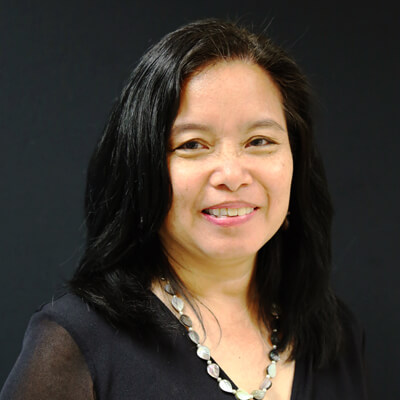
Dr. Hattori-Uchima, principal investigator at University of Guam, discusses cardiometabolic health equity for Pacific Islander persons and the importance of compassion and social justice in her work.

Dr. Brewer, principal investigator at Mayo Clinic Department of Cardiovascular Medicine, discusses her work using community-engagement with African American churches to advance cardiovascular health as part of NIMHD's celebration of Black History Month.
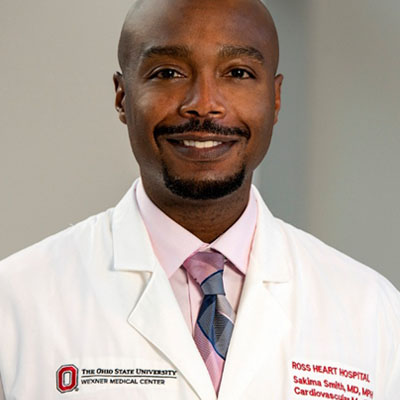
Dr. Smith, principal investigator at Ohio State University Wexner Medical Center, discusses his work studying cardiovascular disease treatment disparities for African American populations as part of NIMHD's celebration of Black History Month.

RCMI Principal Investigator Dr. Baldwin, Northern Arizona University, discusses mentoring researchers and how her Cherokee heritage drives her research on the root causes of health disparities, as well as HIV/AIDS and substance abuse prevention, particularly for American Indian and other minority populations.
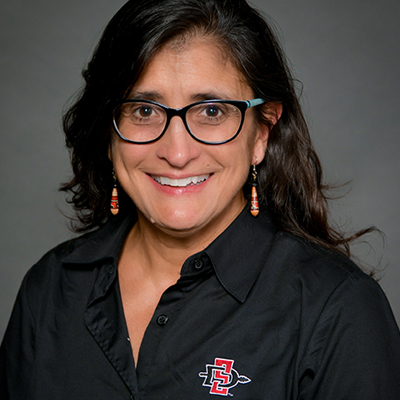
RCMI Principal Investigator Dr. Ayala, San Diego State University, discusses her work on Latino health disparities in obesity, diabetes, and asthma; transdisciplinary research; and developing next-generation researchers.
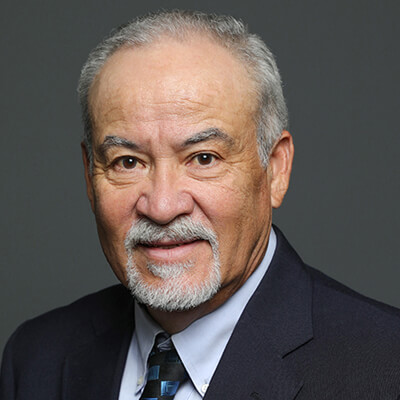
RCMI Principal Investigator Dr. Aguilera, University of Texas at El Paso, discusses his work on health disparities and cancer, including how race and ethnicity affect cancer incidence and therapy, and developing next-generation researchers.
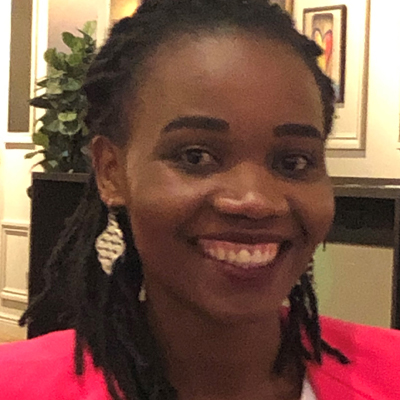
Dr. Ishimwe's study found if traditional BMI cutoffs were used to screen for Abnl-GT, Africans with β-cell-failure would be disproportionately underdiagnosed.
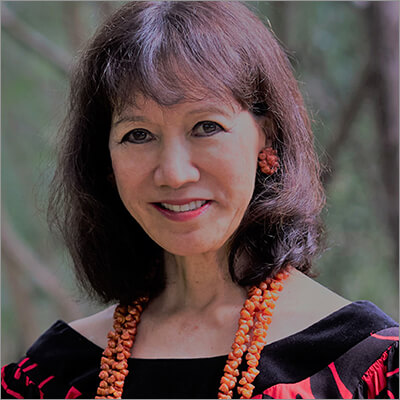
Meet Noreen Mokuau, D.S.W., principal investigator in minority health and health disparities research, as we celebrate Asian American and Pacific Islander Heritage Month.
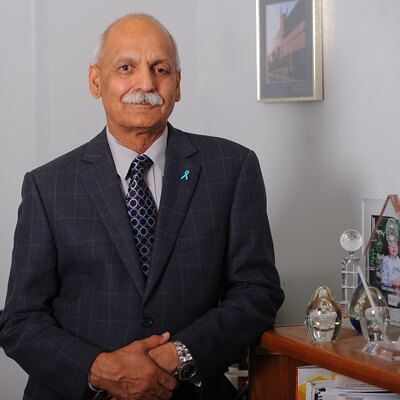
Meet Shafiq A. Khan, Ph.D., principal investigator in minority health and health disparities research, as we celebrate Asian American and Pacific Islander Heritage Month.

Meet Omonike Arike Olaleye, Ph.D., M.P.H., principal investigator in minority health and health disparities research as we celebrate Black History month.
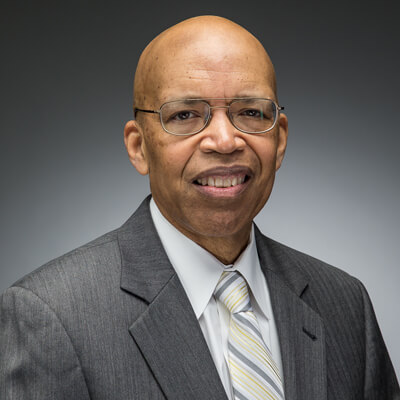
Meet Vincent C. Bond, Ph.D., principal investigator in minority health and health disparities research as we celebrate Black History Month.
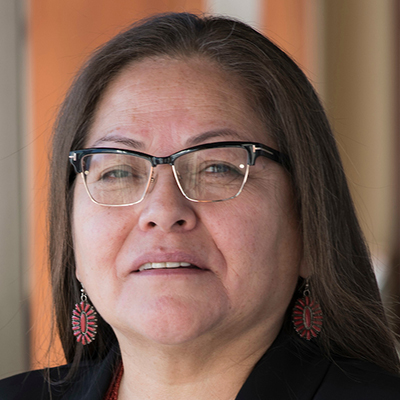
Meet Dr. Teresa Brockie, next generation First American in Minority Health and Health Disparities research as we celebrate the Native American Heritage Month this year!
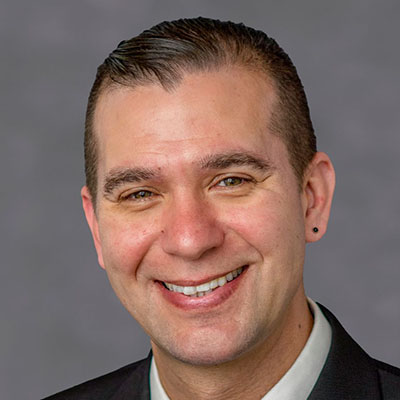
Meet Dr. Lonnie A. Nelson, next generation First American in Minority Health and Health Disparities research as we celebrate the Native American Heritage Month this year!
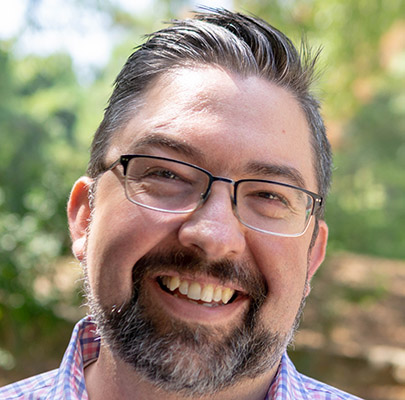
Meet Dr. Brad Wright to learn how the NIH Loan Repayment Program transforms the career of a health disparities researcher.

Meet Dr. Daniel E. Jimenez, next generation pioneer in Minority Health and Health Disparities research as we celebrate the National Hispanic Heritage Month (HHM) this year!
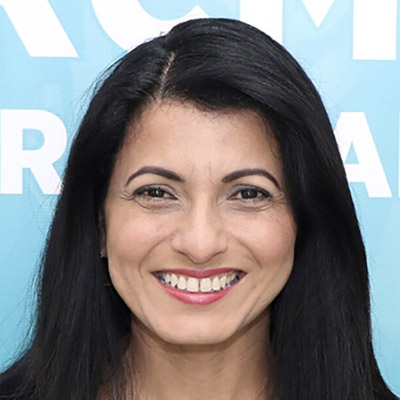
Meet Dr. Eida M. Castro, next generation pioneer in Minority Health and Health Disparities research as we celebrate the National Hispanic Heritage Month (HHM) this year!
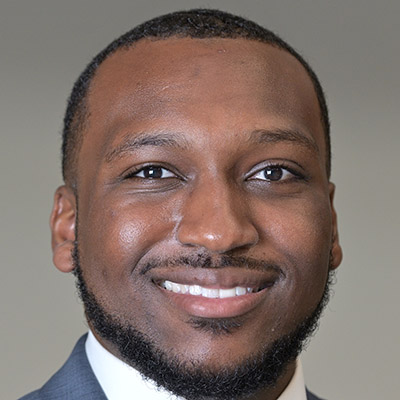
Med student Jeremy Huckleby conducted research connecting his career goal in orthopedic surgery with advocacy for equitable health policies. Through the MRSP he learned a different way to think that will help him in his career.
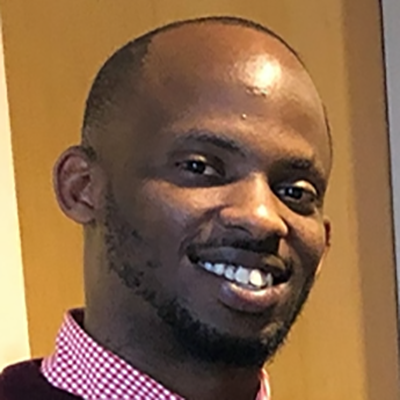
Telling people who previously thought they were healthy that they have diabetes is a pivotal moment. Dr. Arsène F. Hobabagabo, the fourth Rwandan physician to complete the NIH-Rwandan Health Program, has done that many times.
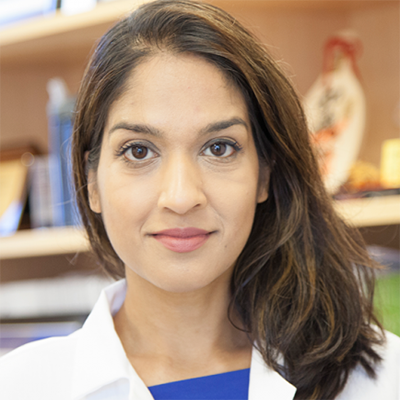
Meet Dr. Sonali Bose, next generation pioneer in Minority Health and Health Disparities research as we celebrate the Asian American and Pacific Islander (AAPI) heritage month this year!

Meet Dr. Gilbert Gee, next generation pioneer in Minority Health and Health Disparities research as we celebrate the Asian American and Pacific Islander (AAPI) heritage month this year!
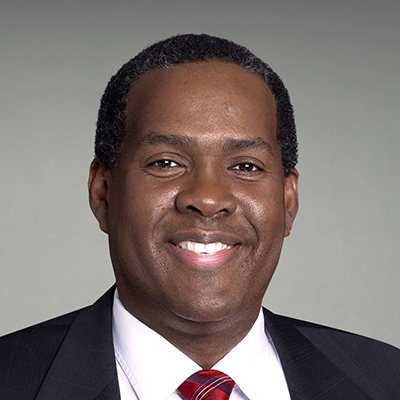
Meet Dr. Girardin Jean-Louis, next generation pioneer in Minority Health and Health Disparities research as we celebrate Black History month this year!
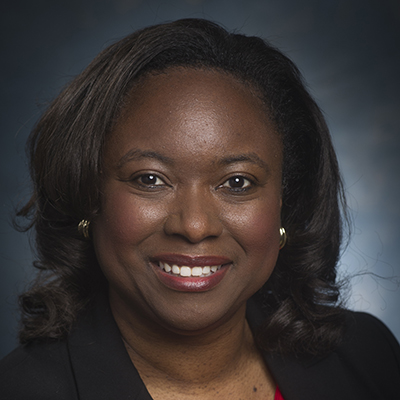
Meet Dr. Monica Baskin, next generation pioneer in Minority Health and Health Disparities research as we celebrate Black History month this year!
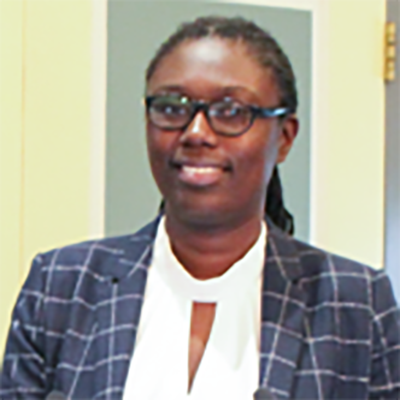
Each year, the NIH-Rwandan Health Program welcomes a physician from Rwanda who is committed to becoming a clinician scientist.
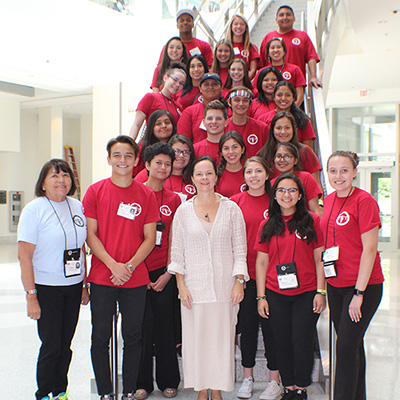
There are few groups addressing the long-standing educational disparities and lack of recruitment that American Indians and Alaska Natives (AI/AN) face within the health care and biomedical workforce.
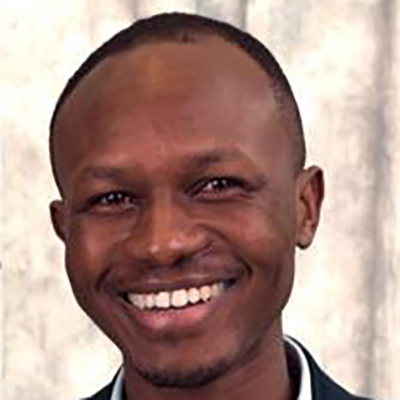
Rwanda is among the world’s poorest countries and has been recovering from the 1994 genocide in which about 800,000 people, mostly of the Tutsi minority, were killed.

Launick Saint-Fort, NIMHD Intramural Research Fellow funded by the NIH Office of the Director, has received a Fulbright U.S. Student Program Award to Luxembourg.
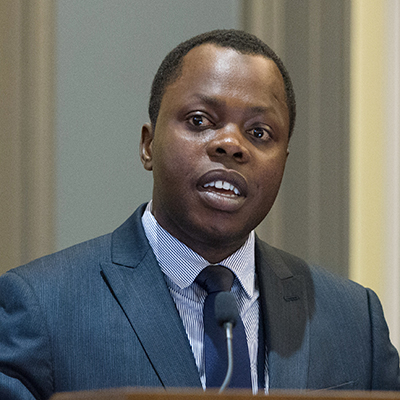
Dr. Utumatwishima is the first graduate of the National Institutes of Health’s Rwanda fellowship, which serves as a yearlong program geared towards training a Rwandan physician to become a clinician scientist.
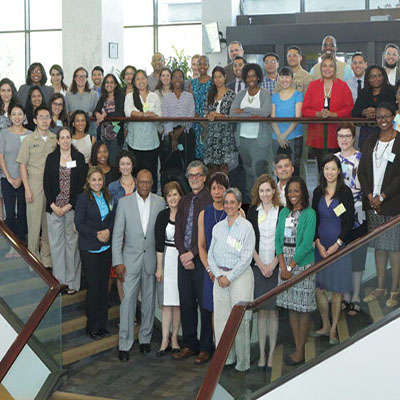
"Imagine you are a 65-year-old woman who has hypertension and diabetes that have been poorly controlled due to your everyday life stressors," began Dr. Lisa A. Cooper, as the auditorium fell silent.
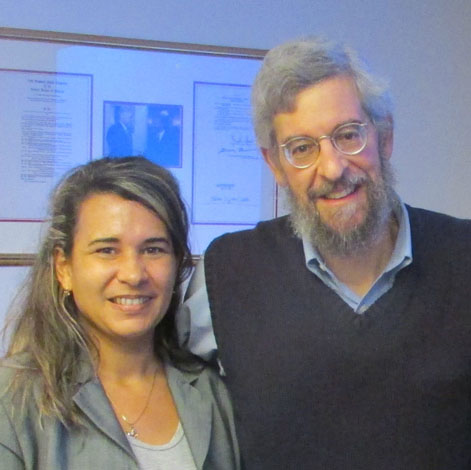
NIMHD sponsored two researchers from the Caribbean and Latin America to attend the first annual NIH-supported International Summit in Human Genetics and Genomics.
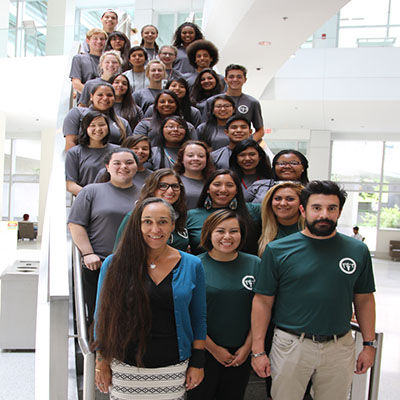
For two days, students and staff representing the National Native American Youth Initiative (NNAYI) visited NIH to explore research and careers in biomedical science.
More Feature Stories
2016
Cuba is New Site for NIH-Funded Research Training Program
The Center for Asian Health Engages Communities in Research to Reduce Asian American Health Disparities
Harvard University’s Mongan Fellows Visit NIH
2015
NIMHD Course Provides Scholars with a Foundation for Health Disparities Research
In Search of the Moonshot: Summit Focuses on Strategies to Increase Diversity in Medicine and Research
Championing Research Partnerships
2014
New Study Finds Holistic Admissions Benefit Health Professions Schools
Page updated Nov. 26, 2024




































































